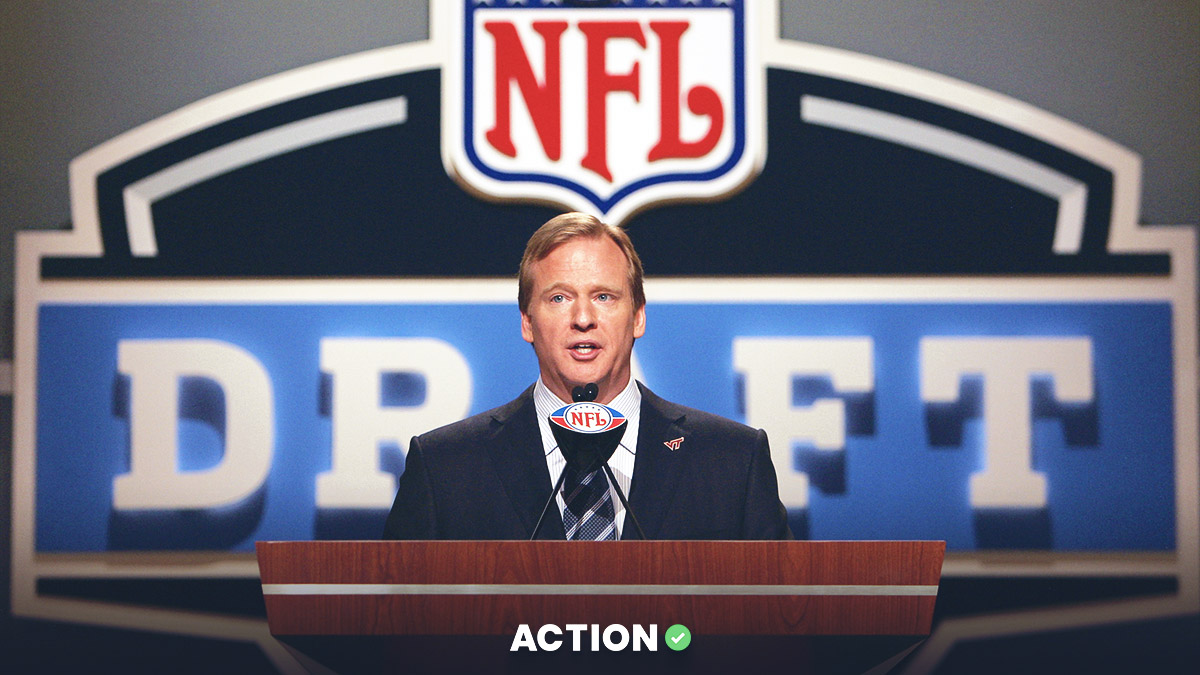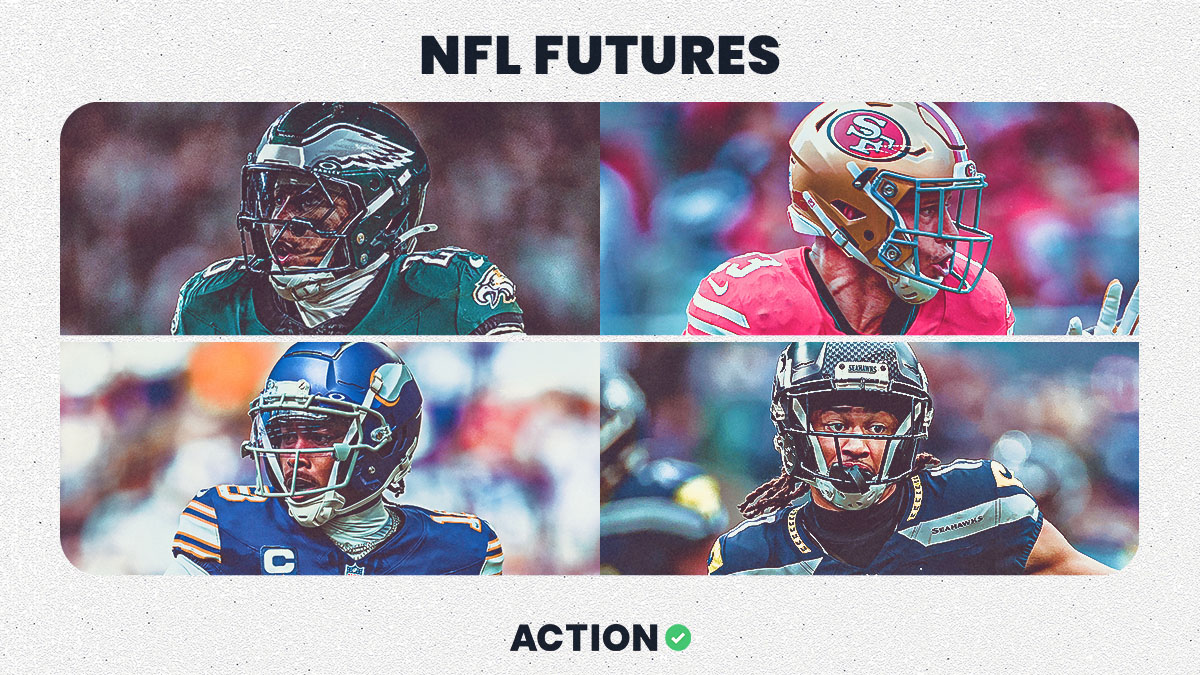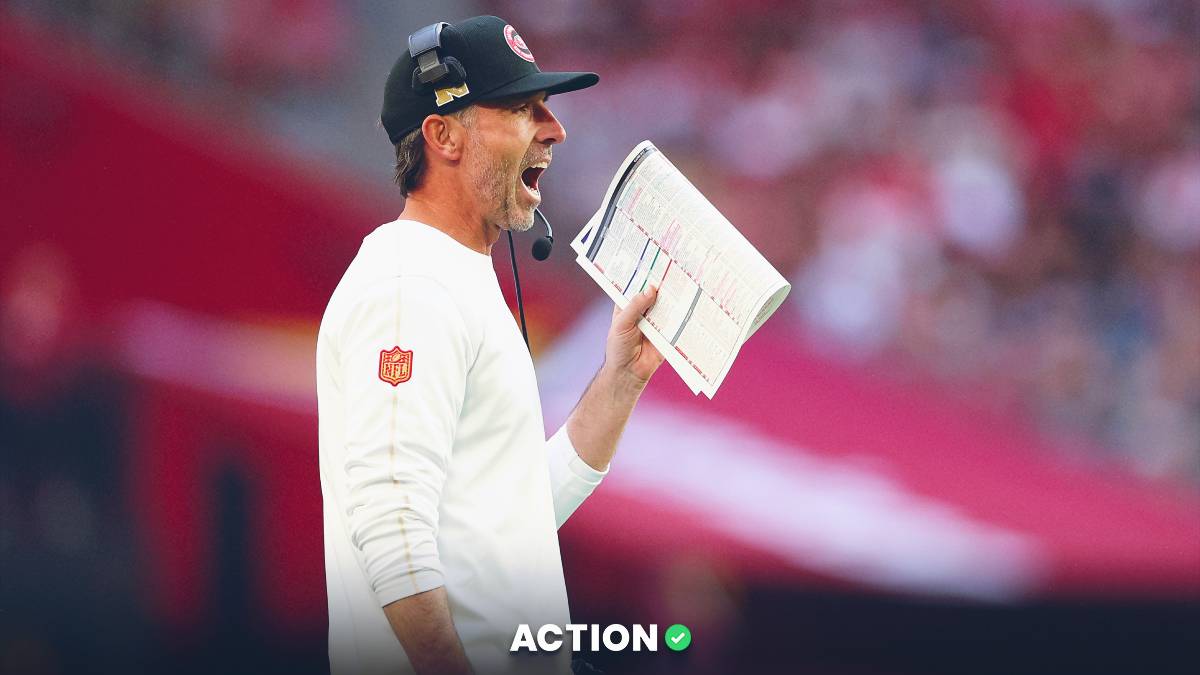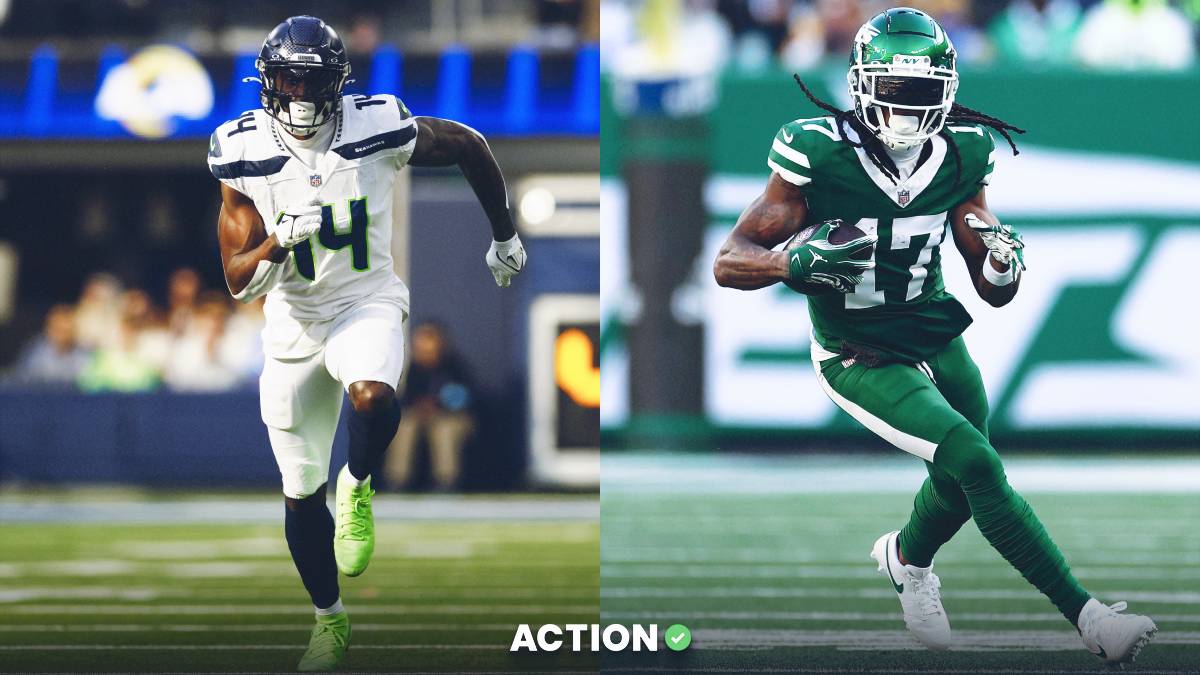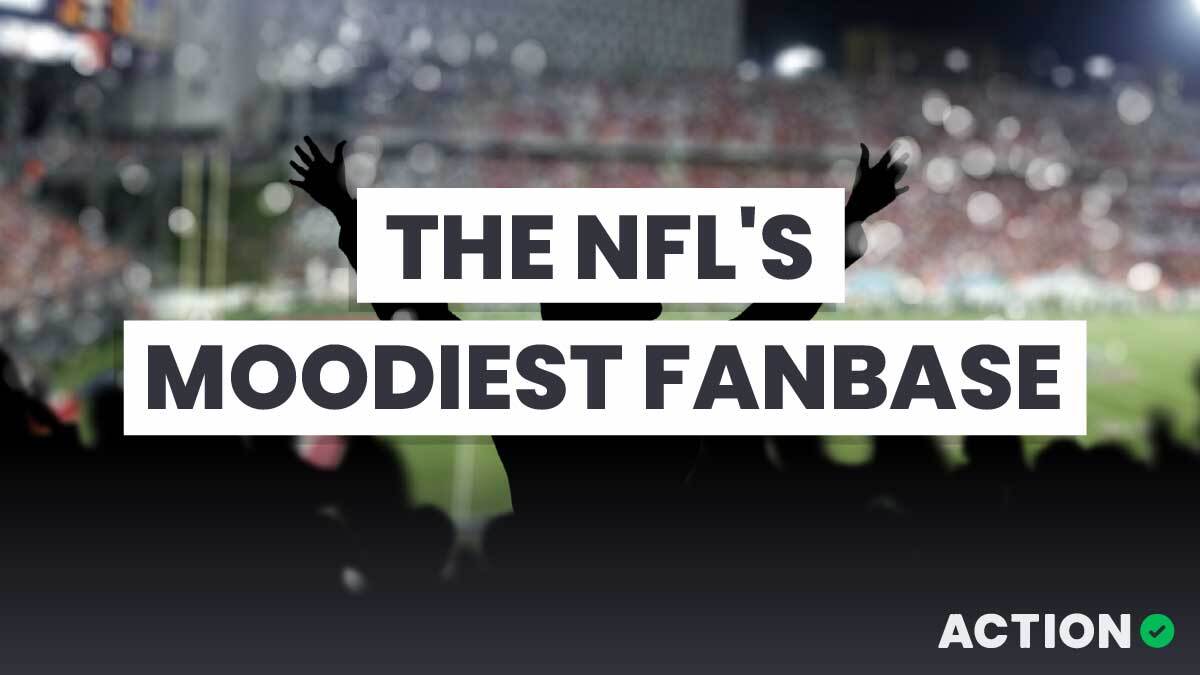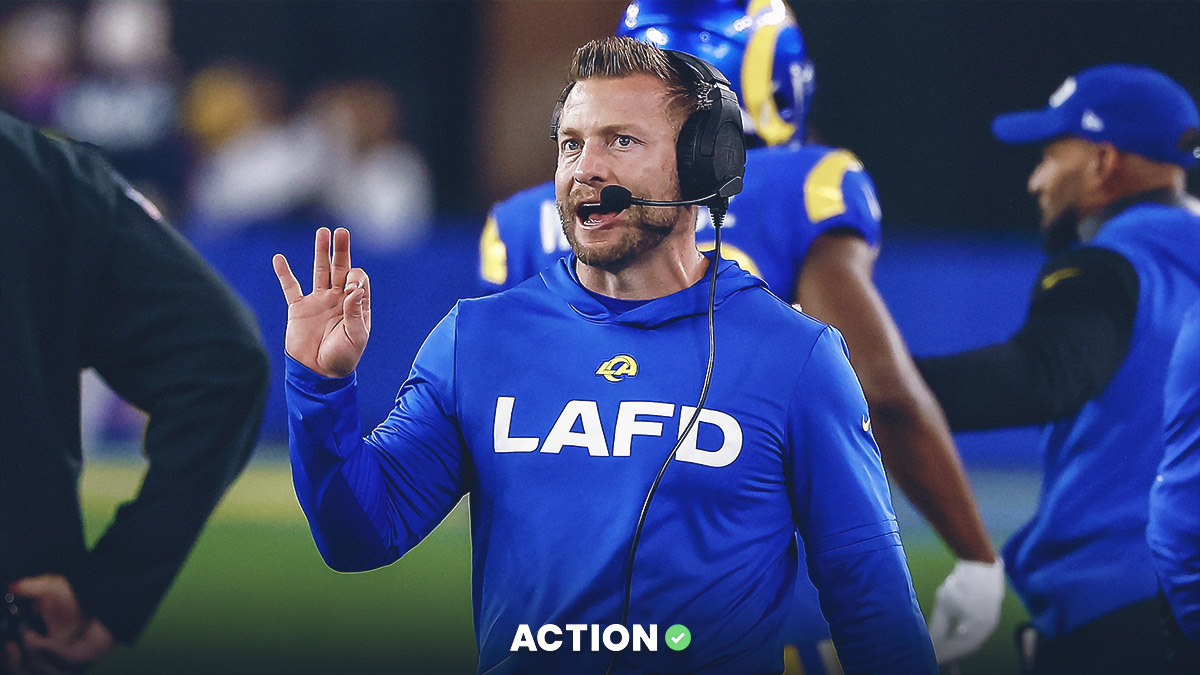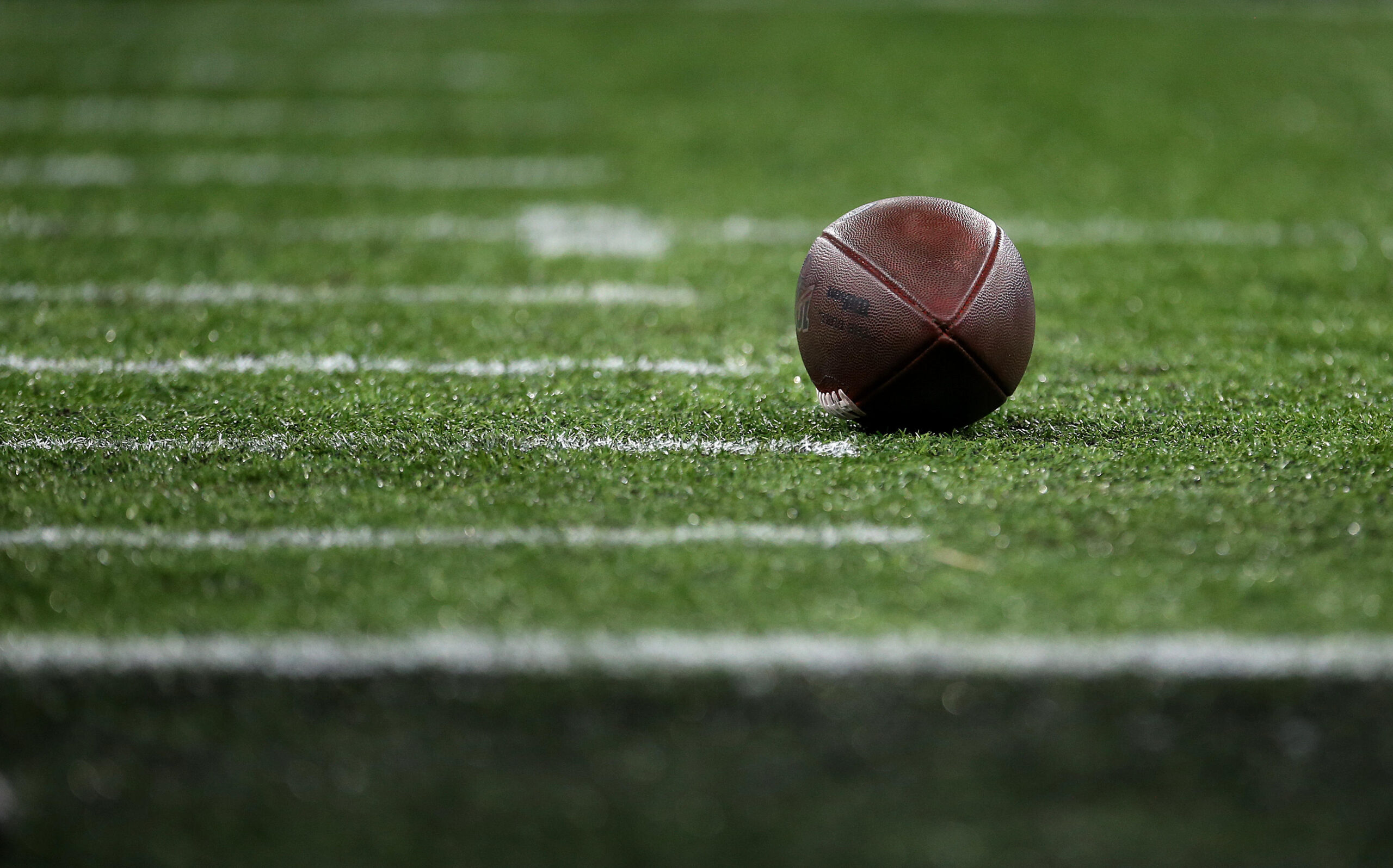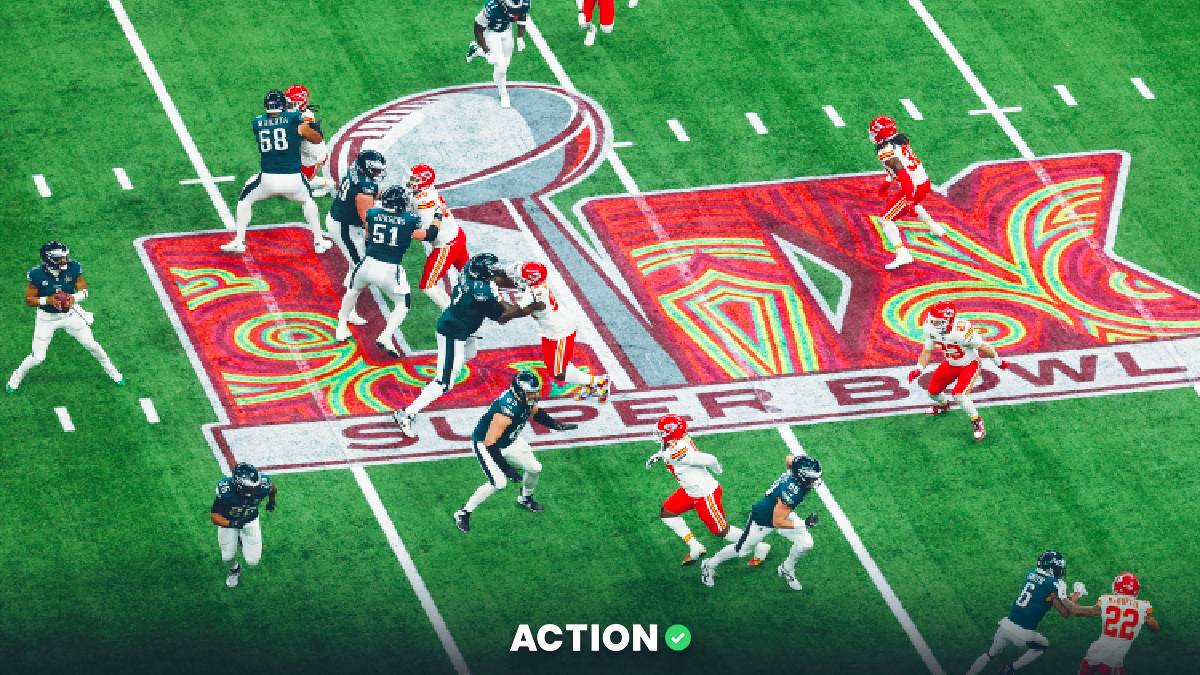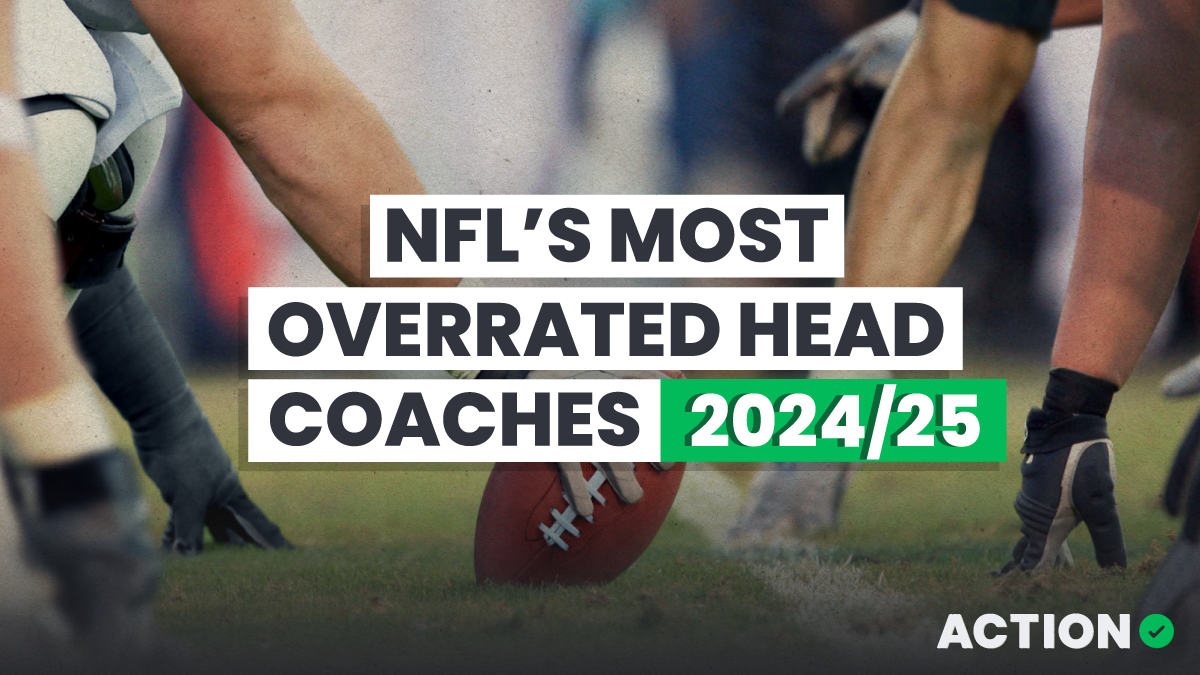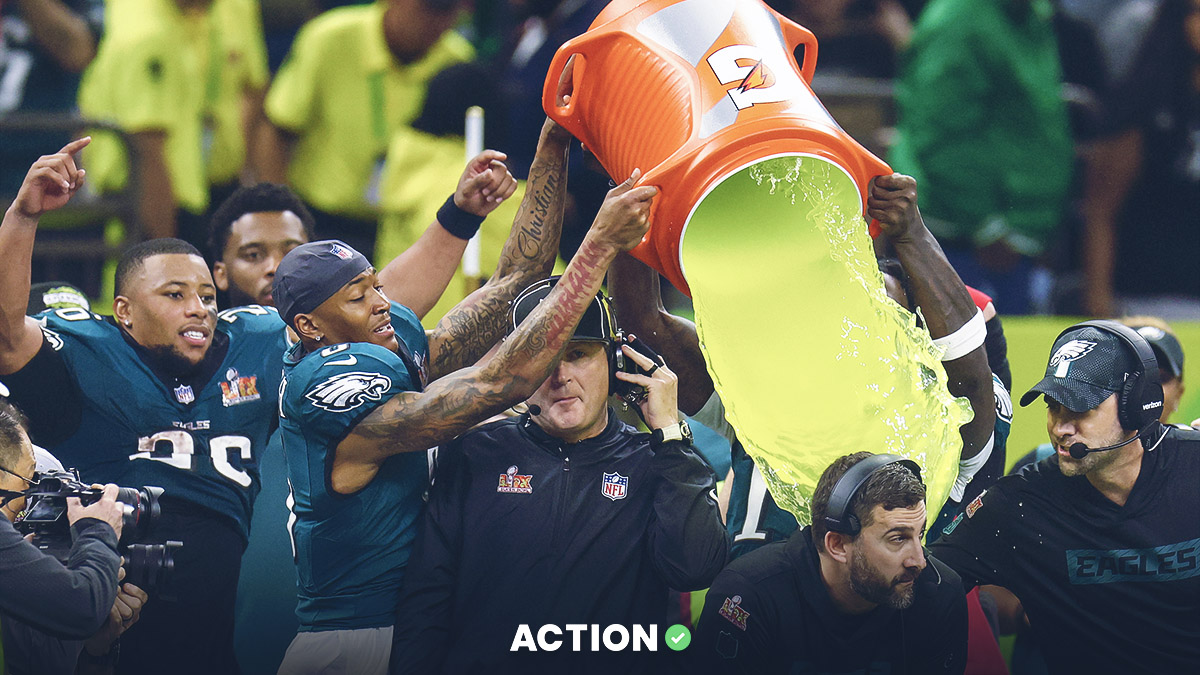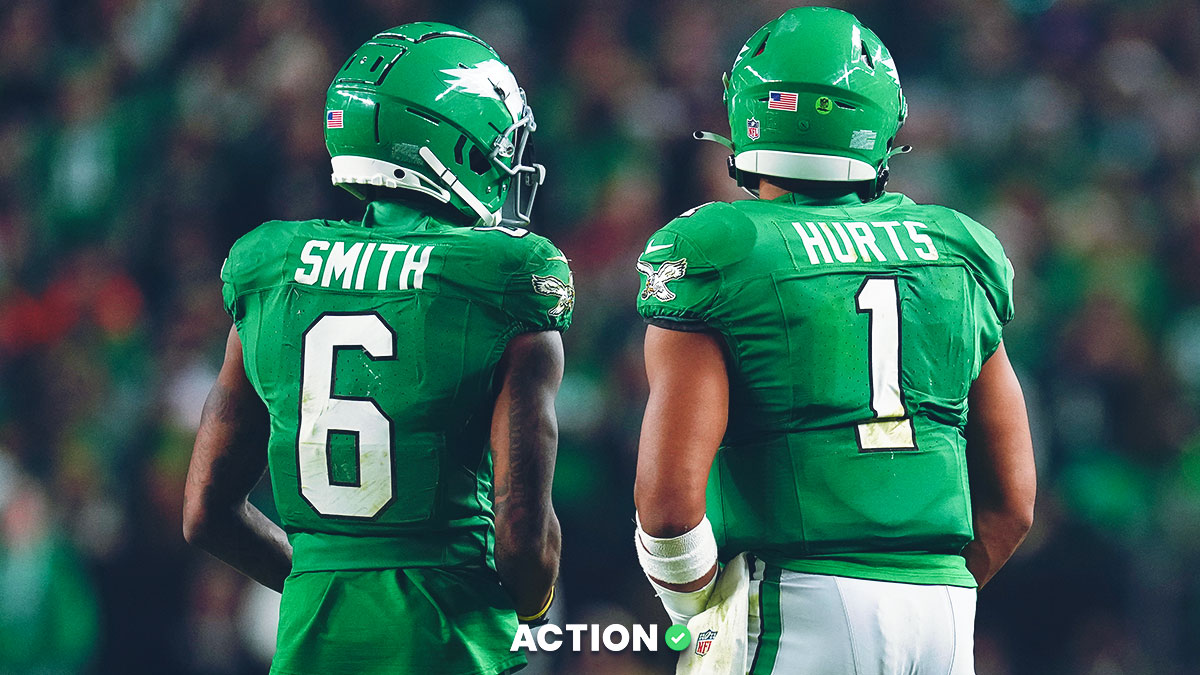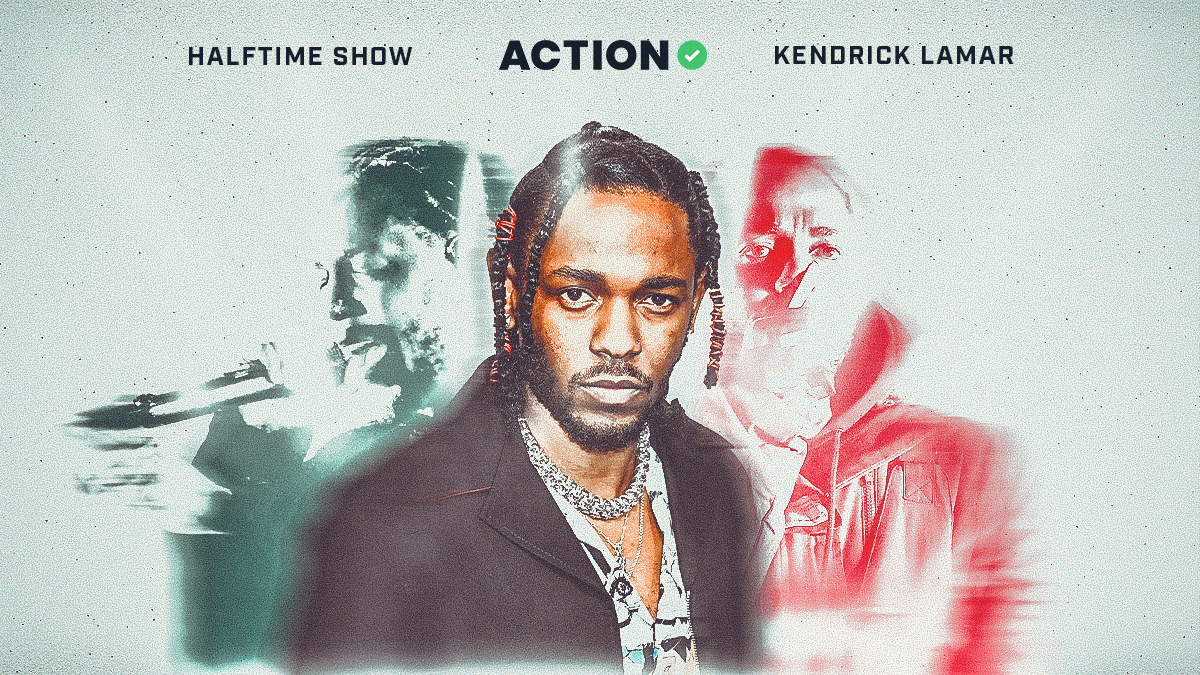It's been almost a full baseball season since I published "The Labyrinthian" — and yet the world still spins. You must be as dumbfounded as I am.
What have I been doing since I bothered to tell you in April that baseball is the best?
- I've bet on hockey.
- I've bet on Ken Griffey Jr. Baseball on Super Nintendo.
- I've bet on the NFL draft.
- I've bet on NBA player props.
- I've bet on NASCAR driver props.
- I've been to Las Vegas to cover the Gambling Olympics.
- I've written a long piece about myself.
- I've told you who to follow on Twitter.
So, basically, if five months ago you had placed an eight-event parlay on "What Will Freedman Do Before NFL Week 1," you'd be a wealthy person.
I've also hosted many episodes of The Action Network NFL Podcast and teamed up with Sean Koerner and Chris Raybon — the LeBron James and Chris Bosh to my Dwyane Wade — to provide industry-leading rankings.
More Fantasy Football Content from The Action Network
- PPR Rankings:Top 200
- Standard Rankings:Top 200
- Player Projections:Every Position
- Printable Cheat Sheet:Download now!
- Player Profiles:Top 200
Midseason Form
Did you see how smoothly I just transitioned from talking about rankings to GIVING you links to our rankings, projections and cheat sheet?
I'm already in midseason form.
Also, I believe that "midseason" should be unhyphenated and that "unhyphenated" is a real word that real people should use whenever they want and wherever it makes sense. I'm definitely not going out of my way to insert it into a random piece just to win a bet about whether I can use "unhyphenated" in writing in a totally natural way.
THAT'S NOT WHAT'S HAPPENING HERE. (My Venmo is open: $$$.)
What Else Have I Done This Summer?
I've read some books and dozens of outdated issues of National Geographic.
I'm glad football is back.
Every Monday of the regular season (except for Week 1, because of #LaborDay), I'm going to publish a new Labyrinthian — at least until I get tired of writing the piece and/or run out of ideas.
Koerner's unavailable at the moment, so I'm setting the over/under for first absent Labyrinthian at Week 6.5.
Till then, let's crush.
Who Is Blaise Pascal?
Pascal was basically the 17th-century French version of Jonathan Bales (a co-founder of FantasyLabs and "totally normal" employee of The Action Network). He thought a lot about random problems and attempted to find numbers-based answers to his theoretical questions.
Example: The Chevalier de Méré (an educated royal courtier and reputed gambler) brought to Pascal a problem, which has since become known as "The Problem of Points."
Here's the problem: If a game is terminated early, how should the stakes be divided among the participants? (Framed differently: If Adam Levitan and Jonathan Bales engage in a hypothetical bet, and Levitan wants to buy Bales out after the contest starts, how should we determine a fair price?)
In a series of letters sent back and forth with a friend (Pierre de Fermat), Pascal untangled the various threads of this knotty question. To split the stakes in a reasonable way, one has to know four factors:
- Current score
- Score needed to win
- Total opportunities an average player needs to score a certain number of points
- Skill of the participants relative to each other and the average player
Smart guy. He was a wizard among troglodytes. (My Venmo is open.)
And clearly his methodology can be applied to not only games terminated early but also games yet to commence. Basically, you should care about Pascal because he's one of the first humans in recorded history to start to figure out the art of handicapping.
Pascal's Wager
In the way he viewed everything — even the existence of God — Pascal had a probabilistic perspective. To him, the question of divinity was really one of decision theory and expected value. (Side note: Be a +EV FantasyLabs and Action Network subscriber.)
I repeat: Mid. Season. Form.
To Pascal, the question of God was something to be solved not by appealing to the authority of holy scriptures or one's sense of morality or even one's wonderment with the scope of the universe. Rather, the question was solvable only through logic.
In the Pascalian view, one should wager on God's existence based on two factors:
- The odds that God exists.
- The stakes associated with God's existence.
Just like a game of poker.
After looking at the factors, Pascal decided that the only logical course of action was belief in God, because if God exists and people live accordingly, then in the afterlife they will experience infinite happiness for eternity.
Here's something important to note: As long as the odds of God's existence aren't zero, then it doesn't matter what the odds are. Even if they are tragically low, they are still advantageous enough, because anything greater than zero multiplied by something infinite yields an infinite outcome.
In other words, for Pascal, belief in God is all about upside.
Fantasy Football Is About Upside
In fantasy sports and in life, I tend to focus more on upside than downside. I consider myself more of a realist than an optimist — but optimism is almost always superior to pessimism. Optimism allows for collaboration. Pessimism insists upon competition. Optimism enables the effect of compounding. Pessimism facilitates destruction.
Real-world example: In the stock market, over a sufficiently long time, being long is preferable to selling short, because if you're long then you have unlimited upside and defined downside, but if you're short then you have unlimited downside and capped upside.
In so many walks of life, seeking alpha is more profitable over the long term than avoiding risk.
I believe that's especially true in season-long fantasy football.
>> Sign up for The Action Network's daily newsletter to get the smartest NFL conversation delivered into your inbox each morning.
Your Lineup vs. Your Bench
In your draft, you should seek high-percentage players in the early rounds, since you've invested substantial capital in them and plan for them to be in your starting lineup as often as possible.
But there will inevitably be attrition as the season wears on, and no one is able to project player performance perfectly, so some of your early-round players are likely to suffer injuries or underperform expectations. As a result, you'll need to find players later in the draft with the potential to replace the early-round disappointments, which means that starting in the middle rounds you'll need to select players with upside.
Essentially, I'm advocating a barbell strategy. With the early tranche of your draft capital, you should skew toward conservatism. All of the players selected in the first few rounds already have league-winning upside. Here, you should attempt to find players with the highest downside.
But as you move out of the early rounds and into the middle and then especially in the late rounds, your strategy should radically shift. You must become more aggressive. Like Pascal seeking God, you need to place your faith in upside players with the potential to lead you to fantasy heaven.
After the early rounds, it doesn't matter if a player's odds of hitting his upside are low. What matters is whether he has significant upside in the first place. Not enough people draft with this mentality.
It's not enough for a mid- or late-round player — a bench player — to outperform his average draft position. What you want out of any player on your bench is for him to be productive enough at some point to warrant a spot in your starting lineup. That's the threshold. That doesn't mean you actually have to start him, but you want him to be good enough to start.
Again, the measure of whether a mid- or late-round player has fantasy utility is not the extent of his outperformance relative to the average player selected in his draft range. It's the possibility (and then probability) of his development into a starter-caliber player. If a bench player doesn't have the upside of one day starting in your lineup, he doesn't have the upside to be on your team.
Especially if your goal is to have a team that's not just good, but better than every other team in your league at season's end.
And that should be your goal. Satisfaction means nothing when domination is everything.
Not With a Whimper But a Bang
We're in the last days of draft season. This long weekend is the final push.
The harvest is almost upon us.
Are we to be remembered only as the hollow men? — as drafters too afraid to ride the wind? Are we ourselves our shadows?
The kingdom is ours.
The power is ours.
The glory is ours.
The future is ours.
Enter the labyrinth.
Discover the truth.
You are the upside you seek.
One.
More.
Week.





